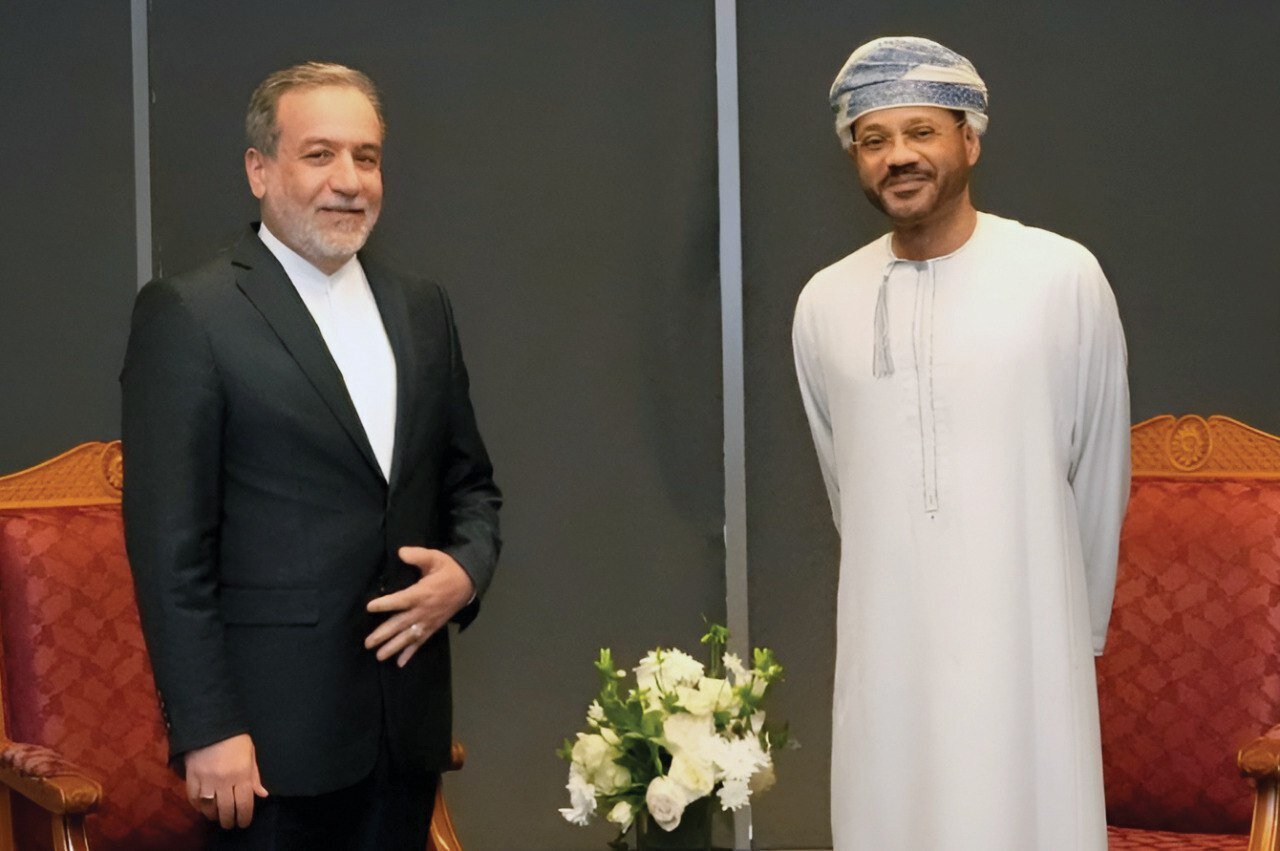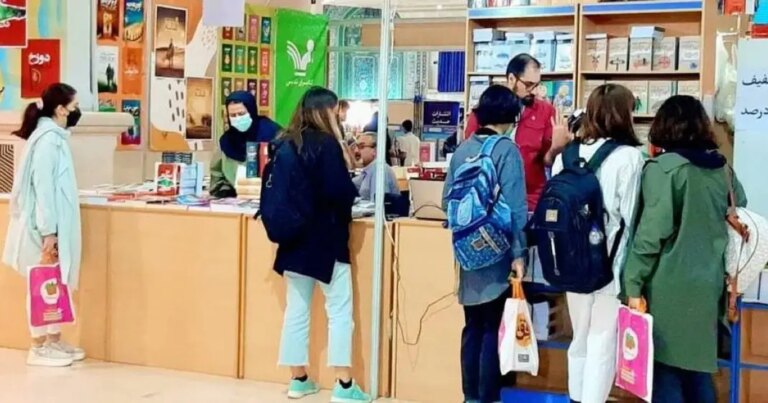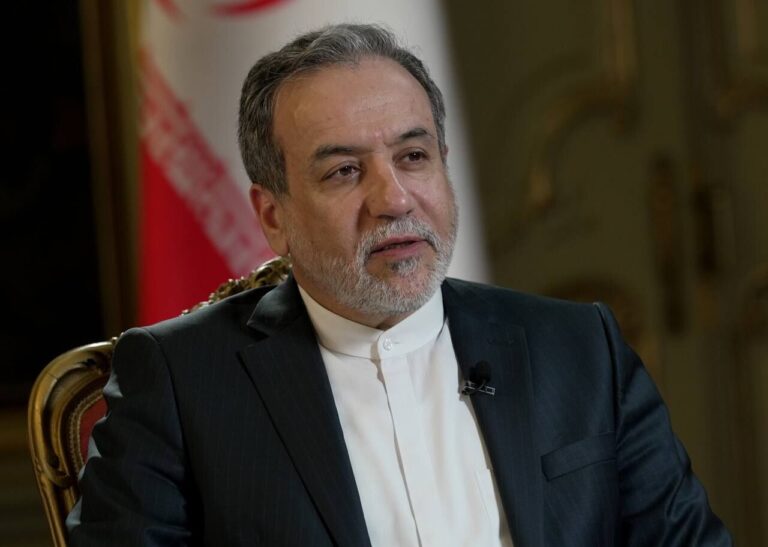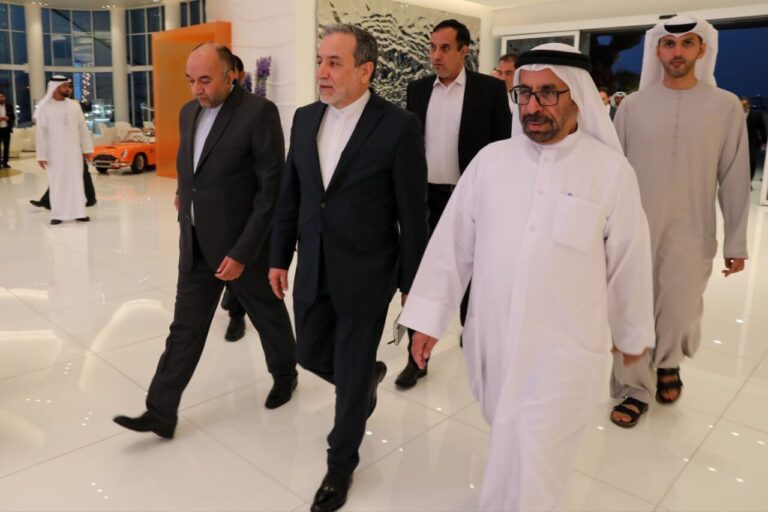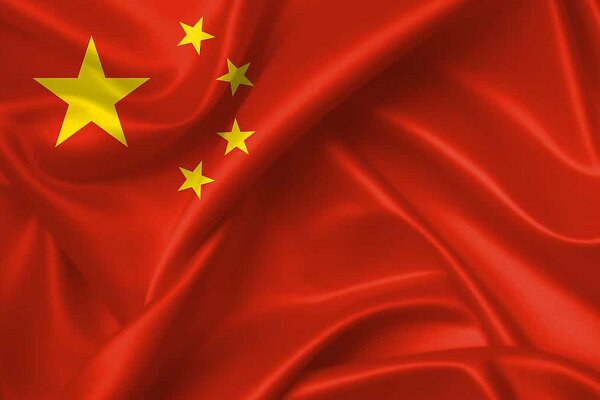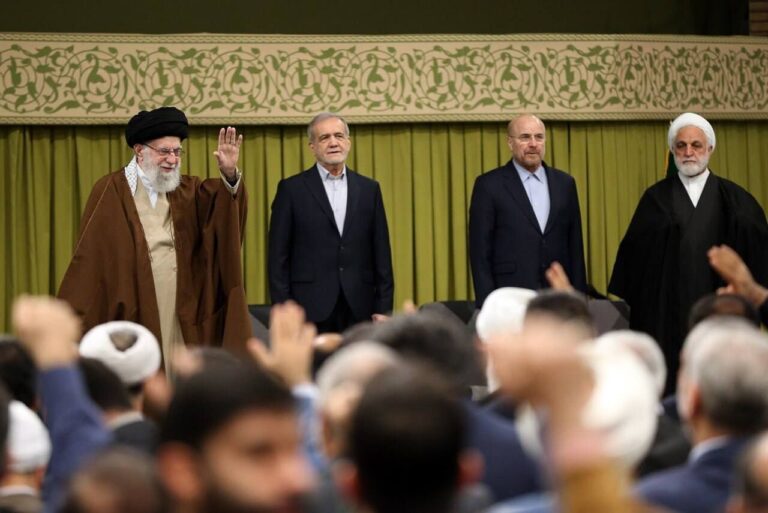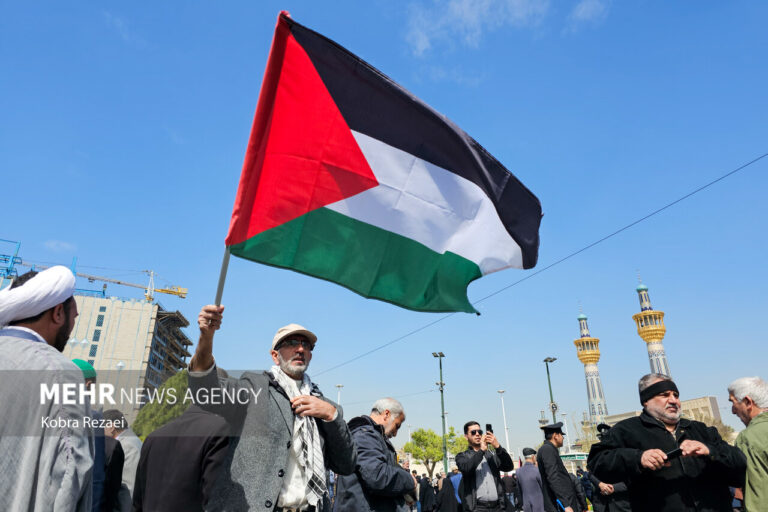Uncovering the Mystery: Shocking Events at Albusaidi’s Home This Saturday!
The recent diplomatic talks between Iran and the United States, held in Oman, have generated significant interest and speculation. This meeting marks the first major encounter between the two nations in several months, and many are eager to understand the outcomes and implications of these discussions.
The talks commenced at approximately 3:00 PM local time at the residence of Omani Foreign Minister Badr bin Hamad Albusaidi, who served as an intermediary for the discussions. Among the key figures present were Seyyed Abbas Araghchi representing Iran and Special Presidential Envoy Steve Witkoff representing the United States. A total of less than 10 written messages were exchanged, starting with Araghchi’s initial communication.
It is worth noting that the officials leading the delegations did not meet each other outside the confines of the talks; instead, they remained at their hotels. Witkoff traveled to Oman with two aides, one of whom was a nuclear expert. After the session, greetings were exchanged between Araghchi and Witkoff as they departed their respective rooms.
Key Messages from the Talks
According to information acquired by the Tehran Times, Araghchi made it clear that Iran is not participating in these indirect negotiations merely for appearances. He emphasized that the goal of Tehran is to evaluate the sincerity of the U.S. and to explore the feasibility of reaching a concrete agreement.
The main points raised by Araghchi during the talks include:
- Win-Win Agreement: Araghchi stated that Iran is seeking a mutually beneficial agreement.
- Nuclear Program: Iran will not agree to dismantle its nuclear program under any circumstances.
- Assurances Against Militarization: Iran is willing to take steps to ensure that its nuclear activities remain peaceful, with the International Atomic Energy Agency (IAEA) being the only external entity allowed access to its nuclear sites.
- Sanctions Relief: In exchange for assurances regarding nuclear activities, Iran demands the removal of sanctions across various sectors, with a stipulation that these sanctions cannot be reinstated under different pretenses.
- Framework Agreement: Araghchi insisted on the necessity of a general framework for continued discussions, urging the U.S. to propose alternatives if they object to Iran’s initial framework.
Witkoff acknowledged during the discussions that the U.S. must be prepared to make concessions. Notably, he refrained from mentioning the potential dismantlement of Iran’s nuclear program or referencing the original Joint Comprehensive Plan of Action (JCPOA), from which former U.S. President Donald Trump withdrew in 2018.
Potential Sabotage from European States
In a development that could impact the negotiations, the Tehran Times has learned that European nations may be attempting to disrupt the talks, asserting that they should be included in the process. Countries like Germany, Britain, and France are advocating for their involvement due to their capacity to trigger the snapback mechanism, which is designed to reinstate UN sanctions against Iran and is set to expire by mid-October.
These European nations are reportedly seeking to engage Israeli Prime Minister Benjamin Netanyahu in the negotiations, aiming to gain influence over the proceedings. Iran has responded by stating that it is the responsibility of the U.S. to prevent the activation of the snapback mechanism.
Moreover, European states are contemplating additional strategies to apply pressure on Iran, which includes the proposal to designate the Islamic Revolution Guard Corps (IRGC) as a terrorist organization. The Tehran Times understands that they are currently trying to garner support from individual member states before presenting this proposal to the European Parliament.
Furthermore, the E3 coalition is reportedly planning to initiate propaganda campaigns designed to create a rift between Iran and its allies, particularly Russia and China. The rationale behind this approach is the belief that fostering resentment among Iran’s two largest allies could complicate Iran’s ability to secure a deal with the United States.
What Lies Ahead?
As the indirect talks in Oman have revived diplomatic efforts, the path forward remains fraught with uncertainty. Trust is a significant barrier for Iran, especially after the United States’ withdrawal from the JCPOA, which has left a lasting impact on diplomatic relations.
In conclusion, while the recent discussions in Oman present a glimmer of hope for diplomatic resolution, the complexities of geopolitics and the differing objectives of the involved parties could pose substantial challenges to reaching a lasting agreement. The international community will be closely monitoring future developments as both nations navigate this intricate diplomatic landscape.
